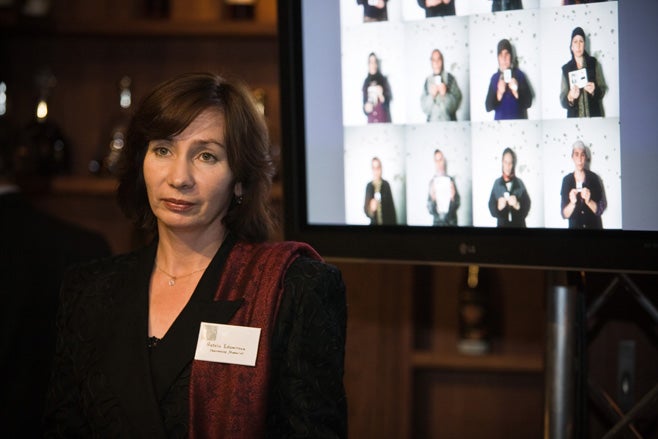By Connie Hong
Impunity Watch Reporter, Europe
MINSK, Belarus – A Swedish advertising company, Studio Total, flew a small plane across the Belarusian border and dropped hundreds of teddy bears to draw attention to violations of freedom of expression in Belarus on the country’s Independence Day, July 4. Photographer and journalism student, Anton Suryapin, now faces up to seven years in prison after posting pictures of the incident on his website.



